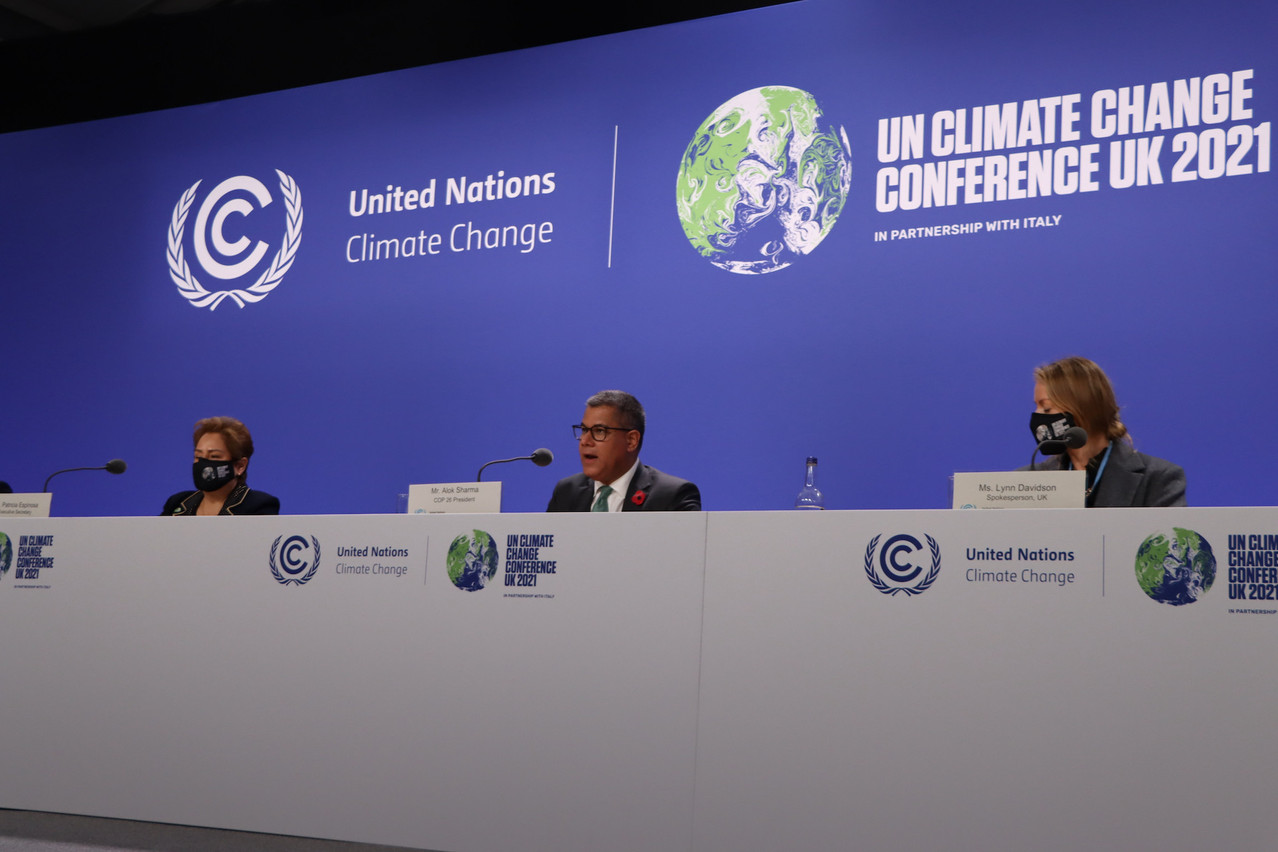International trade and global politics sometimes have an impact on supply chains. Countries around the globe seek to protect their local economies while facilitating smooth and effective trade agreements. Nevertheless, the objectives of different countries may conflict at times, leading to tariffs and duties slapped on certain goods (see the case of the Trump era tariff friction between the US and the EU, a dispute that was resolved only very recently), import and export restrictions imposed on certain goods (as in the ongoing tension between China and Australia), or to general restrictions imposed to change a government’s policy (as is China to restrict exports of rare earth metal and phosphate). The entangled web of world politics is complex—as we have recently witnessed during the Cop26 negotiations. This is particularly true nowadays as supply chains become ever longer, with trade dispute somewhere leading to some unwanted consequence elsewhere on the globe.
Cop26 brings up a related topic: the strive for more sustainable operations. Consumers and policymakers alike play a critical role in influencing supply chains. Consumers by demanding and preferring greener products, and policy makers by setting the boundary conditions that define how firms should and could operate. Recently, within the European Green Deal framework, two resolutions have been adopted. One to reverse EU-driven deforestation and another on corporate due diligence and accountability, both of which define mandatory frameworks that firms need to follow. These can lead to enhanced supply chain transparency, as was discussed in the , and can improve the choices we all make.
The current situation is a perfect storm that was brewing for a long period of time. The Covid pandemic was merely the last straw that broke the camel’s back.
Another aspect is the EU Emission Trading System (EU ETS), which has seen the price of carbon soaring to record high levels (more than doubling in one year), and the implementation of the EU’s carbon border adjustment mechanism. These two have an enormous potential to induce firms to rethink their supply chains. Some argue it may lead to decoupling of supply chains creating bifurcated chains, with one—greener—heading to Europe and another to the rest of the world; hence, it is important that other nations follow through and adopt similar mechanisms. Nevertheless, if decoupled, the chances of reshoring, which means shorter supply chains, increases.
Final thoughts
The current situation is a perfect storm that was brewing for a long period of time. The Covid pandemic was merely the last straw that broke the camel’s back. Moving forward, all stakeholders need to be engaged in the discourse that will determine the shape of things to come.
Discussions around supply chains stress tests are certainly a step in the right direction. Governments and coalitions of like-minded countries need to engage in policy making to determine how to support certain, likely critical, supply chains. To that end, a whole set of tools and instruments shall be developed to assess strength and resilience of supply chains and to determine the mechanisms to support them.
As discussed above, another important step in the right direction are the emerging regulations on supply chain transparency and due diligence as well as the carbon tax mechanisms. These shall enhance the level of trust that consumers and firms have in upstream tiers of supply chains and shall, hopefully, provide decision makers with further insights to take corrective action and possibly to shorten their supply chains.
The right to repair movement is an inspiring shift in consumer demand
Lastly, we as consumers can sometimes influence supply chains. Sometimes we do have choice and we can voice our concerns to kickstart a change. For instance, the right to repair movement is an inspiring shift in consumer demand. The transition is not complete, but repairable cellphones are finally hitting the market such as Fairphone and the recent Apple announcement to follow suit. Consumers can demand transparency and traceability so that they know where their products come from, how they were made, how durable and repairable they are and so forth. Informed consumers can ultimately make educated decisions.
In the meantime, as the ongoing supply issue is expected to persist for a while, I would like to conclude with a recent quote from a Maersk executive : “We need lower [consumer demand] growth to give the supply chain time to catch up”. Again, we as consumers, can take a pause and give supply chains the opportunity to recover. Until the next time.
and transport here


